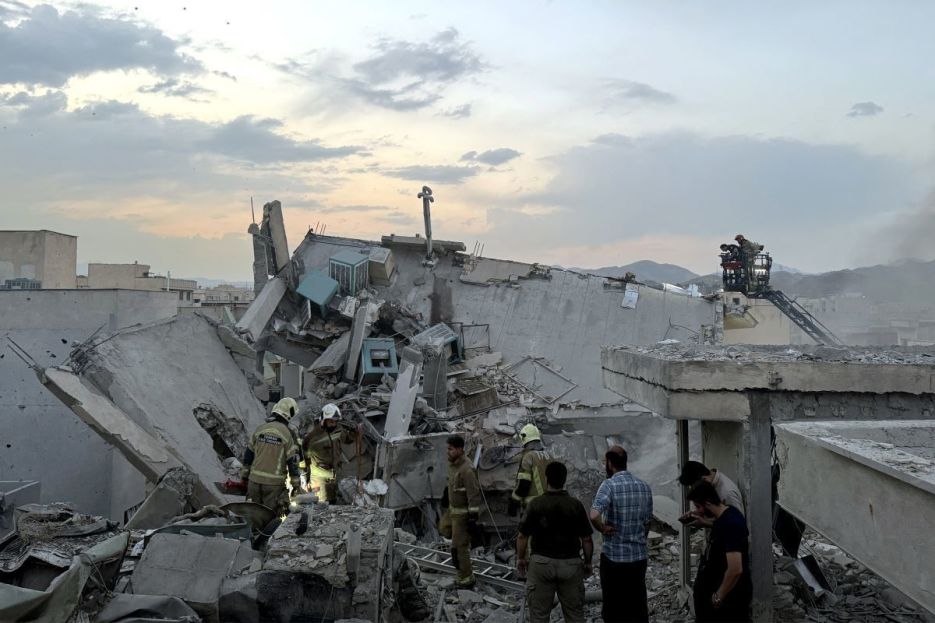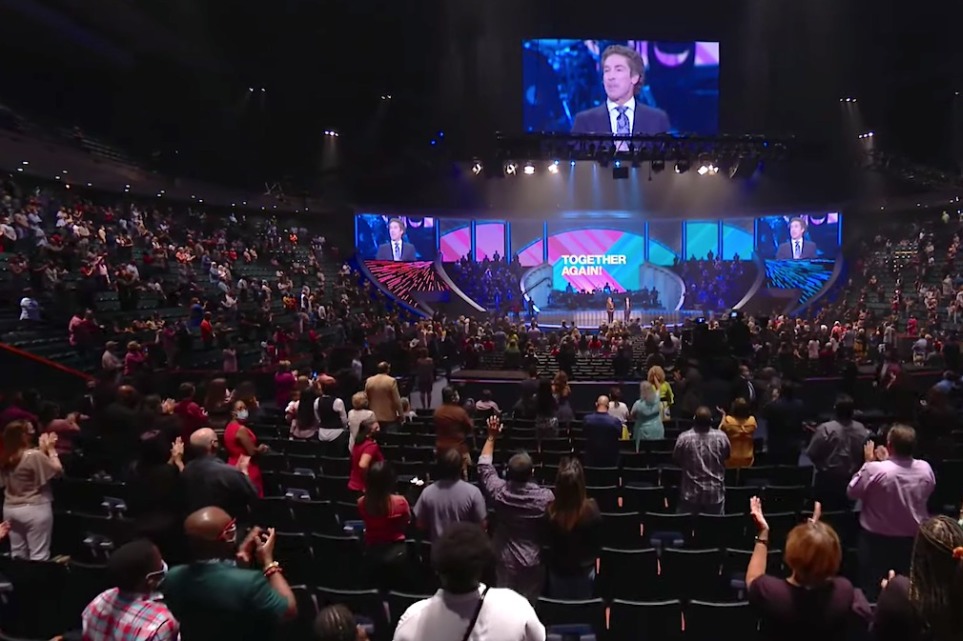Israel teme que el uranio enriquecido de Irán haya sobrevivido a los ataques estadounidenses

Un alto funcionario israelí le dijo a The New York Times que probablemente algunas de las reservas de uranio enriquecido de Irán sobrevivieron a los recientes ataques de Estados Unidos e Israel en las instalaciones nucleares de Teherán - y podrían aún estar accesibles a los científicos nucleares iraníes.
Informando a los reporteros bajo condición de anonimato, el funcionario dijo que las reservas restantes están "probablemente enterradas en ataúdes bajo tierra", aumentando las preocupaciones en Jerusalén de que el régimen iraní podría intentar "volverse nuclear bajo tierra".
[Estamos en WhatsApp. Empieza a seguirnos ahora]
A pesar de estas preocupaciones, el funcionario enfatizó que cualquier movimiento iraní para recuperar uranio enriquecido "muy probablemente sería detectado por Jerusalén y Washington". Tal acción, advirtió el funcionario, casi seguramente desencadenaría renovados ataques aéreos israelíes - y seguramente americanos - en Irán.
Durante una entrevista con Fox News, el Primer Ministro israelí Benjamin Netanyahu argumentó que el régimen iraní probablemente lo pensaría dos veces antes de intentar recuperar su uranio enriquecido enterrado debido a temores de una fuerte respuesta militar israelí y americana.
"Ellos saben que sintieron el poder - el poder de América, el poder de Israel y el poder combinado de Israel y América. Ha causado un impacto, no solo en el Medio Oriente. Ha causado un impacto alrededor del mundo. Todo el mundo ve esto", declaró Netanyahu.
"Así que tiene que quedarles claro, y creo que ha sido así, que no obtengan este uranio enriquecido", continuó el primer ministro israelí.
Netanyahu enfatizó además que el uranio enriquecido "no es suficiente para hacer bombas atómicas - es un componente necesario, pero no suficiente".
Ha habido especulaciones intensas concernientes al paradero de las reservas de uranio enriquecido de Irán. Siguiendo los ataques de Estados Unidos en los principales sitios nucleares de Irán en Fordo, Natanz e Isfahan, una fuente iraní senior afirmó que el uranio altamente enriquecido de Teherán está "almacenado en sitios seguros" sin elaborar. Algunos funcionarios europeos también evaluaron que Irán podría haber potencialmente movido alrededor de 400 kilogramos (880 libras) de uranio altamente enriquecido antes de los ataques masivos de Estados Unidos.
Sin embargo, un alto funcionario israelí declaró el jueves que la inteligencia israelí ha evaluado que Irán no removió su uranio enriquecido de Fordo, Natanz e Isfahan antes de los ataques.
Funcionarios de seguridad americanos e israelíes han evaluado que el programa militar nuclear de Irán fue severamente dañado en los ataques combinados de Estados Unidos e Israel. Mientras los funcionarios de seguridad continúan analizando datos satelitales y adquiriendo información adicional, Washington y Jerusalén han evaluado que el programa nuclear de Teherán probablemente ha sido retrasado hasta dos años o incluso más.
Mientras el régimen iraní probablemente aún busca adquirir armas nucleares, actualmente está severamente limitado por una economía débil y disturbios políticos domésticos. Además, después de que la Fuerza Aérea israelí neutralizó la mayoría de las defensas aéreas de Irán, Teherán es altamente vulnerable a potenciales ataques israelíes y de Estados Unidos en sus sitios militares y nucleares en el futuro.
El Presidente de Estados Unidos, Donald Trump, ha enfatizado repetidamente que nunca se debe permitir que Irán adquiera armas nucleares. El régimen del ayatolá iraní, que ha coreado "Muerte a América" y "Muerte a Israel" por décadas, abiertamente pide la destrucción de Israel. Los funcionarios israelíes, por lo tanto, ven el intento de Irán de adquirir armas nucleares como una amenaza a la existencia de Israel.
Sin embargo, líderes militares y políticos israelíes también han enfatizado que el programa de misiles balísticos de Irán también es una amenaza seria a la seguridad de Israel. Antes de los ataques de Israel en Irán, Teherán supuestamente planeaba triplicar su arsenal de misiles balísticos de 2500 a 8000. El Ministro de Defensa israelí Israel Katz recientemente evaluó que el programa de misiles de Teherán fue "mortalmente herido" durante la ofensiva militar "Operación León Ascendente" de Israel el mes pasado. Sin embargo, Katz advirtió que los misiles iraníes continúan representando una amenaza seria a la seguridad del estado judío.
***Este artículo fue originalmente publicado por All Israel News.




















